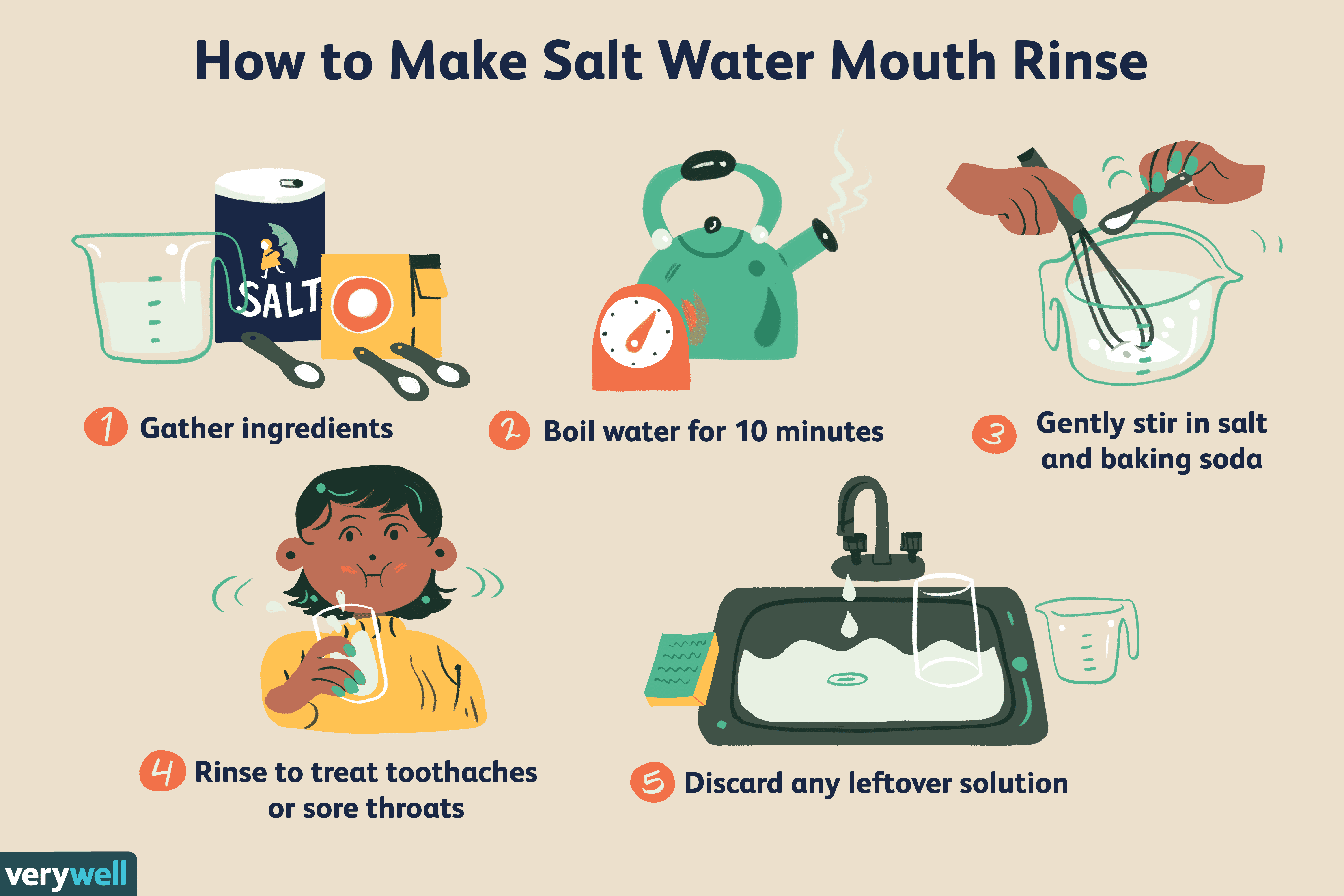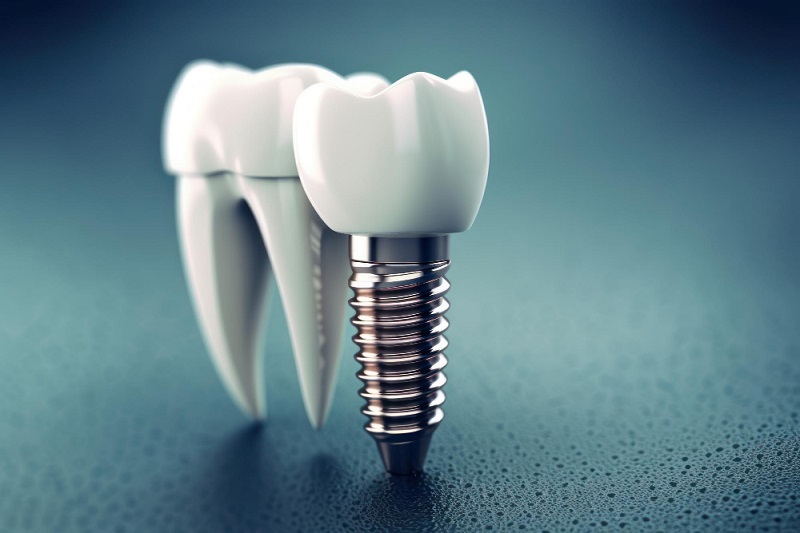Tooth Abscess Salt Water Rinse

Tooth abscesses are a common and painful dental issue that can significantly impact an individual’s quality of life. Characterized by a pocket of pus that forms as a result of a bacterial infection, a tooth abscess can cause severe toothaches, sensitivity, and swelling in the surrounding tissues. One of the most frequently recommended home remedies for managing the symptoms of a tooth abscess is a salt water rinse. This natural and easily accessible treatment has been used for centuries due to its simplicity and effectiveness in reducing discomfort and promoting healing.
How Salt Water Helps in Case of a Tooth Abscess
Salt water has natural antibacterial properties that can help control the spread of infection. When used as a rinse, it can reduce the bacterial load in the mouth, thereby alleviating some of the symptoms associated with a tooth abscess. The high salt concentration in the solution can also help draw out pus and reduce swelling, providing temporary relief from pain.
Steps to Use Salt Water Rinse for Tooth Abscess
Preparation: Mix 1⁄2 teaspoon of salt with 8 ounces of warm water. The water should be warm, not hot, as extreme temperatures can exacerbate the discomfort.
Rinsing: Swish the salt water solution around the mouth, making sure it comes into contact with the affected tooth and surrounding area. Do this gently to avoid causing further irritation.
Duration: Continue rinsing for about 30 seconds to 1 minute. This allows sufficient time for the antibacterial properties of the salt to take effect.
Spitting Out: After rinsing, spit out the solution. Avoid swallowing it, especially if you have high blood pressure, as the excessive salt can be harmful.
Repetition: Repeat this process several times a day, especially after meals and before bed, to keep the area clean and reduce bacterial accumulation.
Why Salt Water Rinse is Recommended
- Accessibility: Salt is a common household item, making this treatment easily accessible and inexpensive.
- Natural Antiseptic: Salt has natural antiseptic properties that can help reduce the infection without introducing harsh chemicals into the body.
- Pain Relief: The reduction in swelling and bacterial load can provide significant relief from the pain associated with a tooth abscess.
Limitations and Precautions
While a salt water rinse can be beneficial in managing the symptoms of a tooth abscess, it is crucial to understand its limitations. This remedy does not cure the abscess but rather provides symptomatic relief. It is essential to consult a dentist as soon as possible for proper diagnosis and treatment. A dentist may need to drain the abscess or prescribe antibiotics to fully resolve the infection.
Furthermore, individuals with certain health conditions, such as high blood pressure or those on a low-sodium diet, should consult their healthcare provider before regularly using salt water rinses. It’s also important to maintain good oral hygiene practices, including brushing and flossing, to prevent the spread of infection and promote healing.
Additional Home Remedies for Tooth Abscess
In addition to salt water rinses, there are other home remedies that can help manage the symptoms of a tooth abscess. These include:
- Cold Compress: Applying a cold, damp washcloth to the outside of the cheek near the affected tooth can help reduce pain and swelling.
- Over-the-Counter Pain Relievers: Medications like ibuprofen or acetaminophen can help manage pain and reduce fever.
- Garlic: Known for its antibacterial properties, garlic can be crushed and applied to the affected tooth to help combat infection.
Conclusion
A tooth abscess is a serious dental condition that requires professional attention. While a salt water rinse can offer relief from symptoms and is a valuable adjunct to professional dental care, it should not be relied upon as the sole treatment. Regular dental check-ups and good oral hygiene practices are key to preventing such conditions and ensuring overall dental health. If you suspect you have a tooth abscess, it is crucial to seek dental care promptly to avoid complications and ensure the best possible outcome.
What are the symptoms of a tooth abscess?
+Symptoms of a tooth abscess include severe toothache, sensitivity to hot and cold temperatures, swelling and redness of the gums, and a foul taste or odor in the mouth. In some cases, the abscess may rupture, releasing a burst of foul-smelling discharge.
Can a tooth abscess heal on its own?
+No, a tooth abscess will not heal on its own. It requires professional dental treatment to drain the abscess and eliminate the infection. Without proper treatment, the infection can spread to other parts of the face and skull, leading to serious health complications.
How can I prevent getting a tooth abscess?
+Preventing tooth abscesses involves maintaining good oral hygiene practices, including brushing teeth at least twice a day, flossing once a day, and visiting a dentist for regular check-ups and cleanings. Avoiding sugary and acidic foods, and not smoking, can also help reduce the risk of tooth abscesses.

